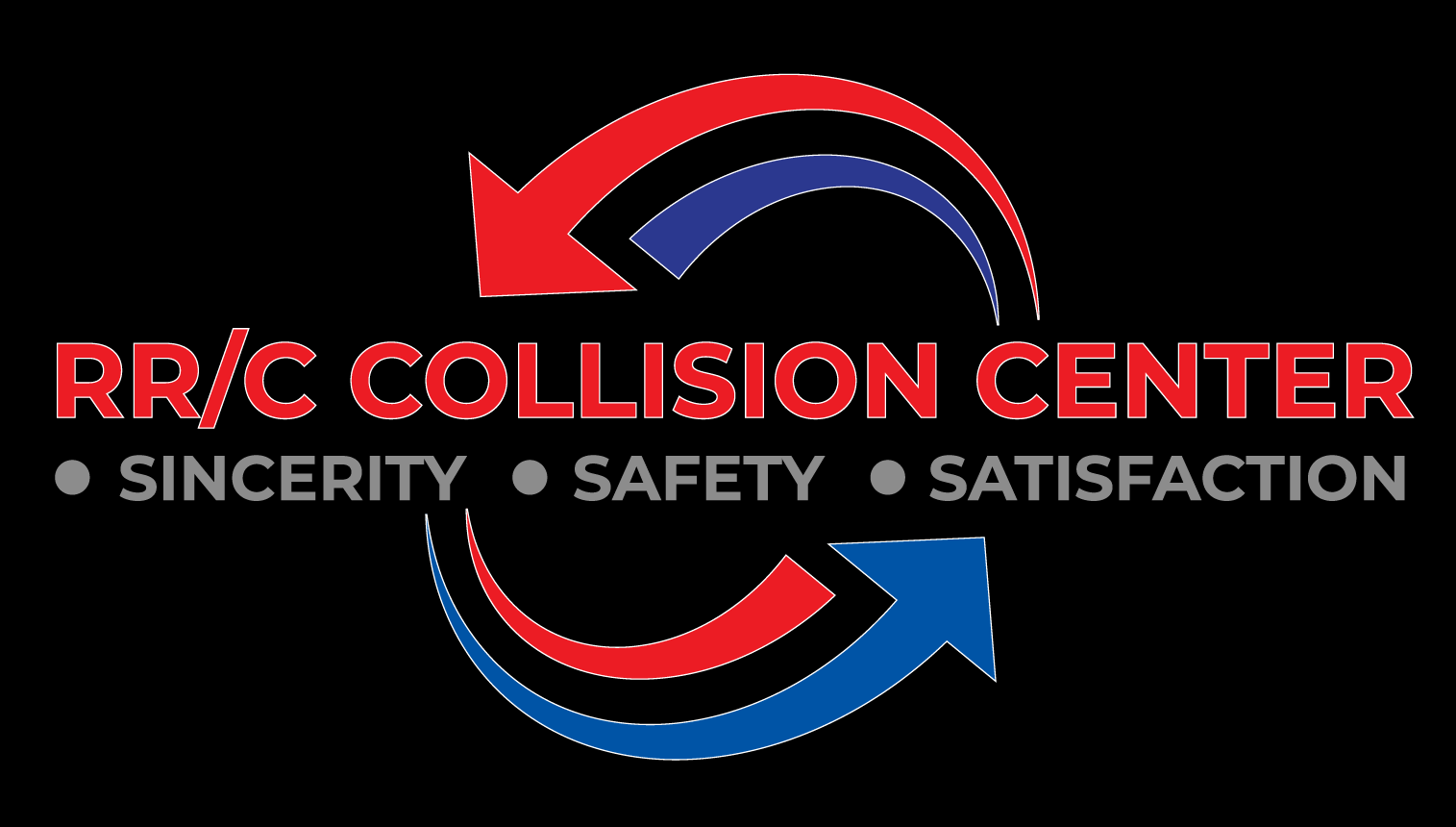Collisions are traumatic events that can have a profound psychological impact on drivers. Beyond the physical injuries and property damage, drivers involved in accidents often experience a range of emotional and mental health effects. Understanding these effects and exploring coping mechanisms and available resources is crucial in supporting those who have experienced a collision.
Emotional and Mental Health Effects
After a collision, drivers may experience a variety of emotional responses such as shock, fear, guilt, anger, and sadness. These emotions can persist long after the accident, leading to anxiety disorders, depression, or post-traumatic stress disorder (PTSD). Flashbacks and nightmares related to the collision may further intensify these mental health conditions, affecting the overall well-being and quality of life for drivers.
Coping Mechanisms
To cope with the psychological impact of collisions, drivers can employ various strategies. Seeking emotional support from loved ones, friends, or support groups is crucial. Sharing their experiences and emotions with understanding individuals can provide validation and help in processing trauma. Engaging in activities that promote relaxation and stress reduction, such as meditation, deep breathing exercises, or engaging in hobbies, can also be beneficial. Additionally, consulting with mental health professionals, such as therapists or counselors, can provide drivers with the tools and techniques to manage their psychological distress effectively.
Available Resources
Fortunately, numerous resources are available to support drivers who have experienced collisions. Victim advocacy organizations, such as local law enforcement agencies or community-based support groups, offer counseling services, legal guidance, and information on available resources. Many insurance companies also provide assistance programs that include mental health support for their policyholders. Additionally, online platforms and forums dedicated to accident survivors provide a space for individuals to connect, share stories, and find solace in a community of people who have gone through similar experiences.
Conclusion
Collisions can leave a lasting psychological impact on drivers, affecting their emotional well-being and mental health. It is essential to recognize and address these effects to support those who have experienced such traumatic events. By understanding the emotional and mental health effects, exploring coping mechanisms, and utilizing available resources, drivers can begin to heal and regain control over their lives. Together, with a supportive network and professional assistance, individuals can overcome the psychological aftermath of collisions and move forward towards a brighter future.
